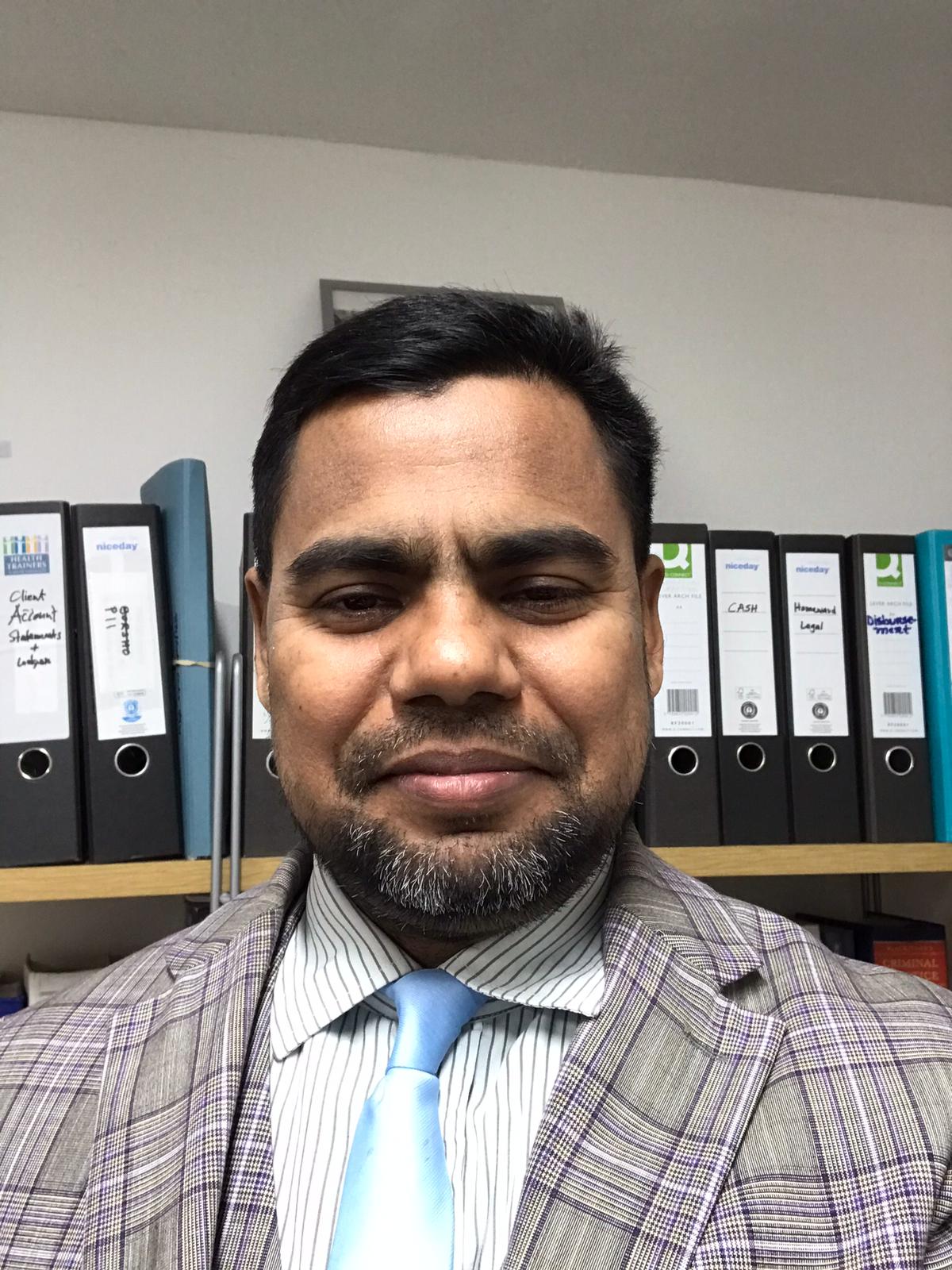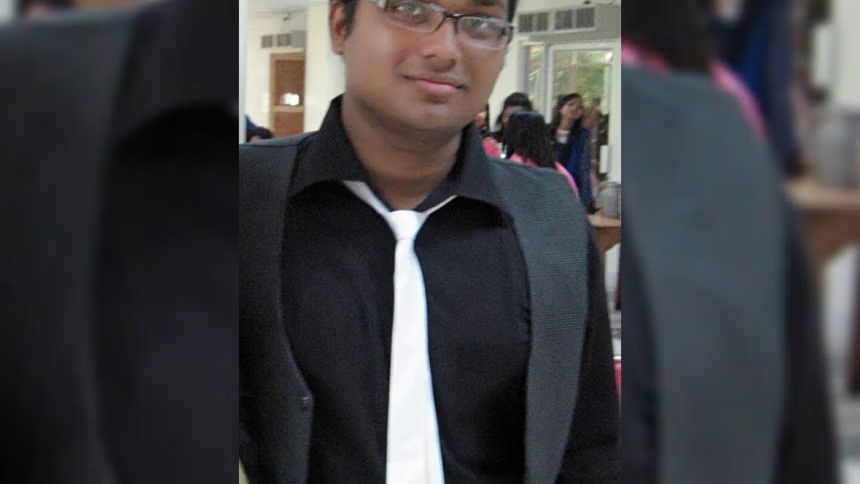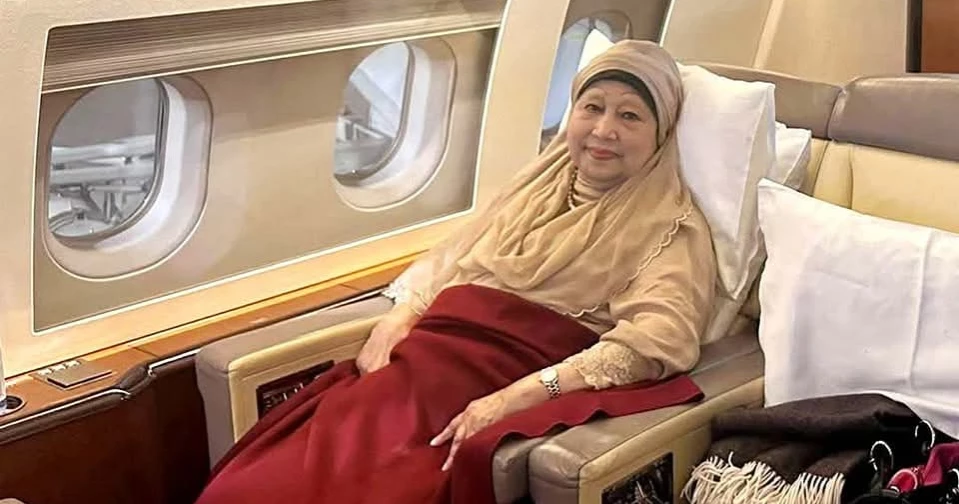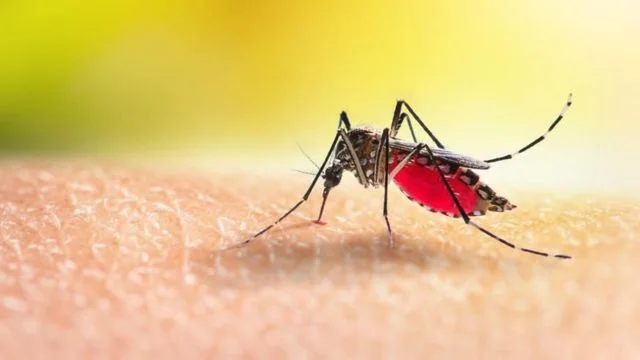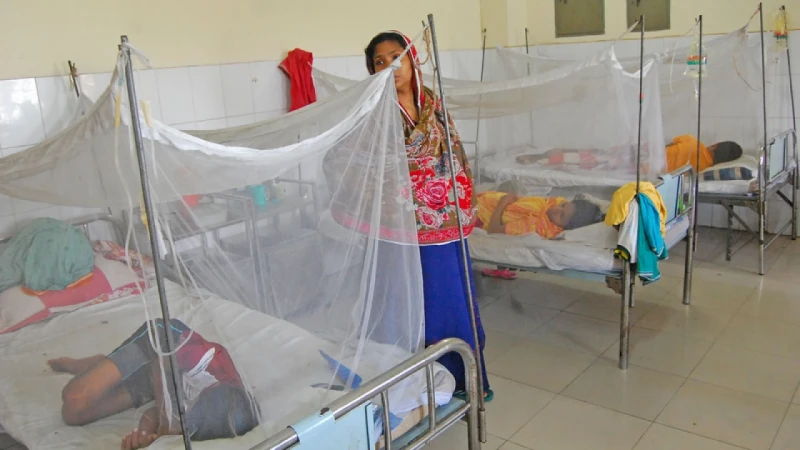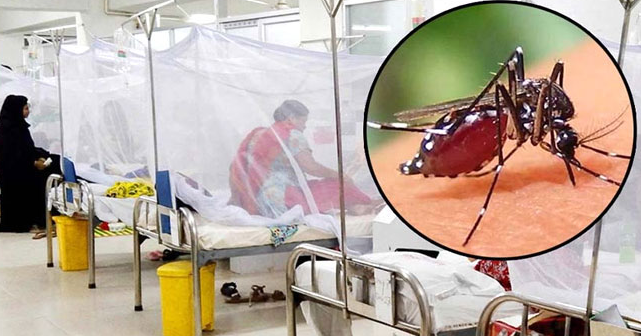“They made us sign a waiver stating that we would never file any case before they handed over my brother’s body.”
This is how Faria Soroni Vasha, a college student at the time, recalls her encounter with police when she went to the morgue to claim the body of her brother after he was killed at Shapla Chattar in the capital’s Motijheel on this very day, 12 years ago.
During the Shapla Chattar massacre on May 5–6, 2013, law enforcers violently dispersed thousands of Hefazat-e-Islam protesters in Motijheel amid a media blackout.
Vasha’s brother, AKM Rehan Ahsan, was a student of computer science and engineering at Bangladesh University of Engineering Technology (Buet) when he was killed.
“My brother was not involved with any form of religious or political movement or party,” explained Vasha.
“Rehan was a devout Muslim, and he was at Shapla Chattar to protest some of the things being said about Islam by bloggers, which he felt affronted by.”
“He felt it was his responsibility, as a man of faith and principle, to raise his voice and be heard.”
Sometime later in the evening, Rehan’s mother called him and asked him to come home. “He said he was inside a mosque and cut the call. That was the last time we spoke to him,” said Vasha.
Around 10:00pm, a friend of Rehan’s called and informed them that Rehan had been shot but could not say where he was.
“Mother put Tk 20,000 in her bag and went out to find my brother. She frantically went from one hospital to the next, searching for him until 2:00am,” said Vasha.
“Around 2:30am, my mother was certain that Rehan had died because some of his friends said they saw Rehan get shot in his head at Shapla Chattar. They said Rehan stopped moving afterwards.”
Taking her along, Vasha’s mother went out again at 5:00am to look for Rehan — but this time, they were looking for his body.
“We went to Shapla Chattar. The roads were washed clean by then as if nothing had happened. All that was left were shoes.”
They finally found his body at Dhaka Medical College Hospital morgue. He was one of the three bodies lying there, stiff and frozen in time.
“I will forever remember that moment. Before she fainted, my mother called out his name at the top of her voice, as if it could wake him up from the dead,” recalled Vasha.
Rehan was shot between the nose and chin, and the bullet exited through his head.
Following the autopsy, the police allegedly refused to hand over the body until Vasha’s family assured them that they would not file any cases.
“My mother had to submit a signed waiver to the Shahbagh Police Station promising that we would not seek any legal action. And then throughout the day, we were pressurised to bury the body quickly,” said Vasha.
Since then, for the past 12 years, Vasha said there have been attempts to erase who Rehan was and how he died.
“We could not even hold a janaza at Buet, even though he was a student there. The students there did not let us hold a janaza there, even though he was their batchmate and friend.”
Now, after all this time, Vasha seeks answers – and justice. It wasn’t until August 2024 that they found the courage to file a case under the International Crimes Tribunal.
“We have stayed quiet for so long, not daring to open our mouths. But silence doesn’t help ease the pain; that’s why it is even more terrible to endure.”
